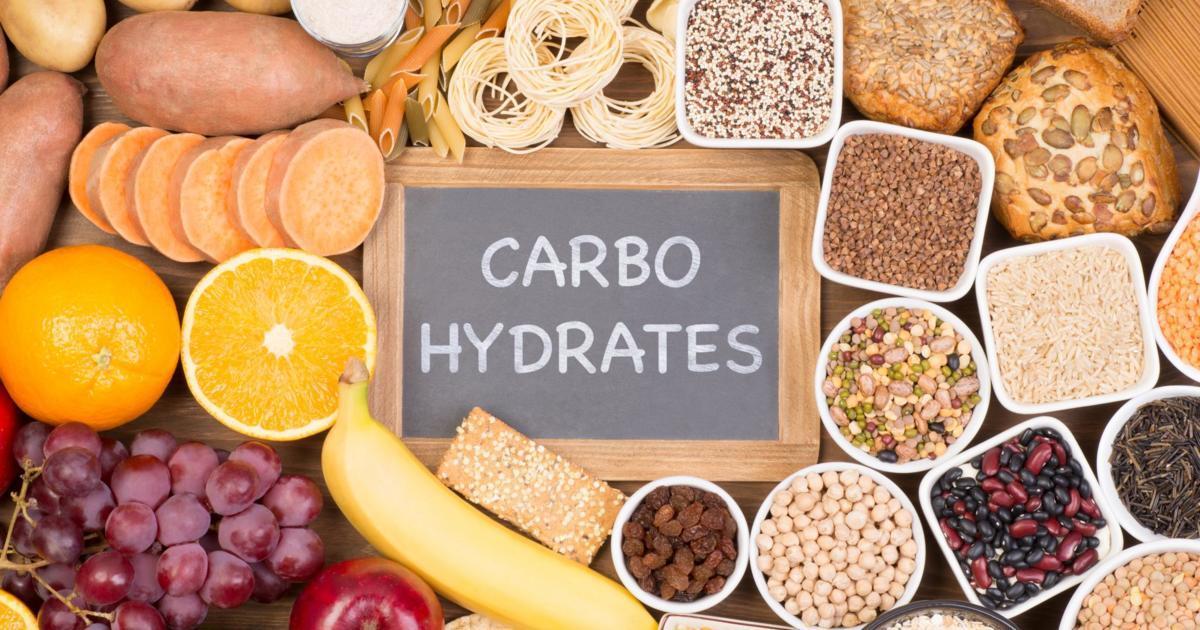Mrs. Elise Rose Cooper-horne RD,LD
Dietitian-Nutritionist
301 S. JT STITES SALLISAW OK, 74955About
Dr. Elise Cooper-horne practices Nutritional Medicine in SALLISAW, OK. Dr. Cooper-horne has received an education on and advises people on matters of food and nutrition, considering how they both impact health. Nutritionists? help patients choose the right things to eat, help them plan menus, and advise them on the health effects of certain foods. Nutritionists assess a patients current dietary habits and needs, educate them on healthy eating habits, follow up to ensure the menus are working, and write reports that document a patients progress.
Provider Details
Expert Publications
Data provided by the National Library of Medicine- Invasion of hereditary ovalocytes by Plasmodium falciparum in vitro and its relation to intracellular ATP concentration.
- Basis of unique red cell membrane properties in hereditary ovalocytosis.
- The measurement of neutrophil myeloperoxidase by flow cytochemistry is influenced by the pseudoperoxidase activity of hemoglobin.
- A field evaluation of the Coulter STKS.
- EDTA, the traditional anticoagulant of haematology: with increased automation is it time for a review?
- A whole blood control for blood count analysers, and source material for an external quality assessment scheme.
- Automated haematology analysers: a four-way comparison.
- Automated haematology: construction of univariate reference ranges for blood cell count and size.
- Neutrophil mean peroxidase: a biologically interesting parameter with a potential for WBC differential quality control.
- Automated haematology: a comparative study of cell counting and sizing using aperture impedance and flow cytometric systems.
- The effect of haemoglobin on the Technicon H6000 eosinophil count.
- The routine measurement of platelet volume: a comparison of light-scattering and aperture-impedance technologies.
- The routine measurement of platelet volume: a comparison of aperture-impedance and flow cytometric systems.
- Effects of social and nonsocial stimuli on the stereotyped behaviors of retarded children.
- Effects of sedative and stimulative music on activity levels of severely retarded boys.
Mrs. Elise Rose Cooper-horne RD,LD's Practice location
Mrs. Elise Rose Cooper-horne RD,LD's reviews
Write ReviewRecommended Articles
- Heavy Cream Substitutes
Heavy cream, also called heavy whipping cream, is a staple ingredient cooks and bakers use. It is often used in many different recipes, such as sauces and soups, including ice cream, sour cream, and homemade butter.Heavy cream comes from the high-fat part of fresh milk, and when milk is left to...
- What is Enteral Feeding?
Enteral feedingEveryone needs food for survival, but sometimes due to illness a person is unable to eat normally. This can be due to difficulty swallowing, reduced appetite or due to surgery that interferes with the eating process. Enteral tube feeding should be used in such cases. For this...
- Zinc Deficiency
What is zinc?Zinc is a mineral that plays an important role in many different chemical reactions in your body. The human body uses this mineral to fight off infections, maintain acid-base balance, promote growth and development, boost antioxidant activity, and regulate gene expression, among...
- Is Glucose a Carbohydrate?
IntroductionThe main source of energy for most of the world’s population is carbohydrate. In many pre-prepared foods this is the main ingredient. Mostly carbohydrates are classified based on chemical structure. Monosaccharide, disaccharides and polysaccharides are types of carbohydrates....
- All About Vitamin B5 and Why We Need It
What is vitamin B5?Vitamin B5 is also known as pantothenic acid. This B vitamin was initially discovered by chemist Roger J. Williams in the year 1931. Pantothenic acid was basically discovered in combination with other compounds, and around 1938, it was successfully isolated on its own.In 1933,...
- How Does the Body Turn Carbohydrates into Glucose?
What are Carbohydrates?The body converts the food we eat into energy. Even though we obtain calories and energy from different food sources, such as carbohydrates, fats, and proteins, our main source of energy is still from carbohydrates. The body converts these carbs into glucose, which is the main...
Nearest Hospitals
SPARKS REGIONAL MEDICAL CENTERl
1001 TOWSON AVENUE FORT SMITH AR 72902SEQUOYAH COUNTY-CITY OF SALLISAW HOSPITAL AUTHORITl
213 EAST REDWOOD SALLISAW OK 74955HASKELL COUNTY COMMUNITY HOSPITALl
401 NORTHWEST H STREET STIGLER OK 74462




